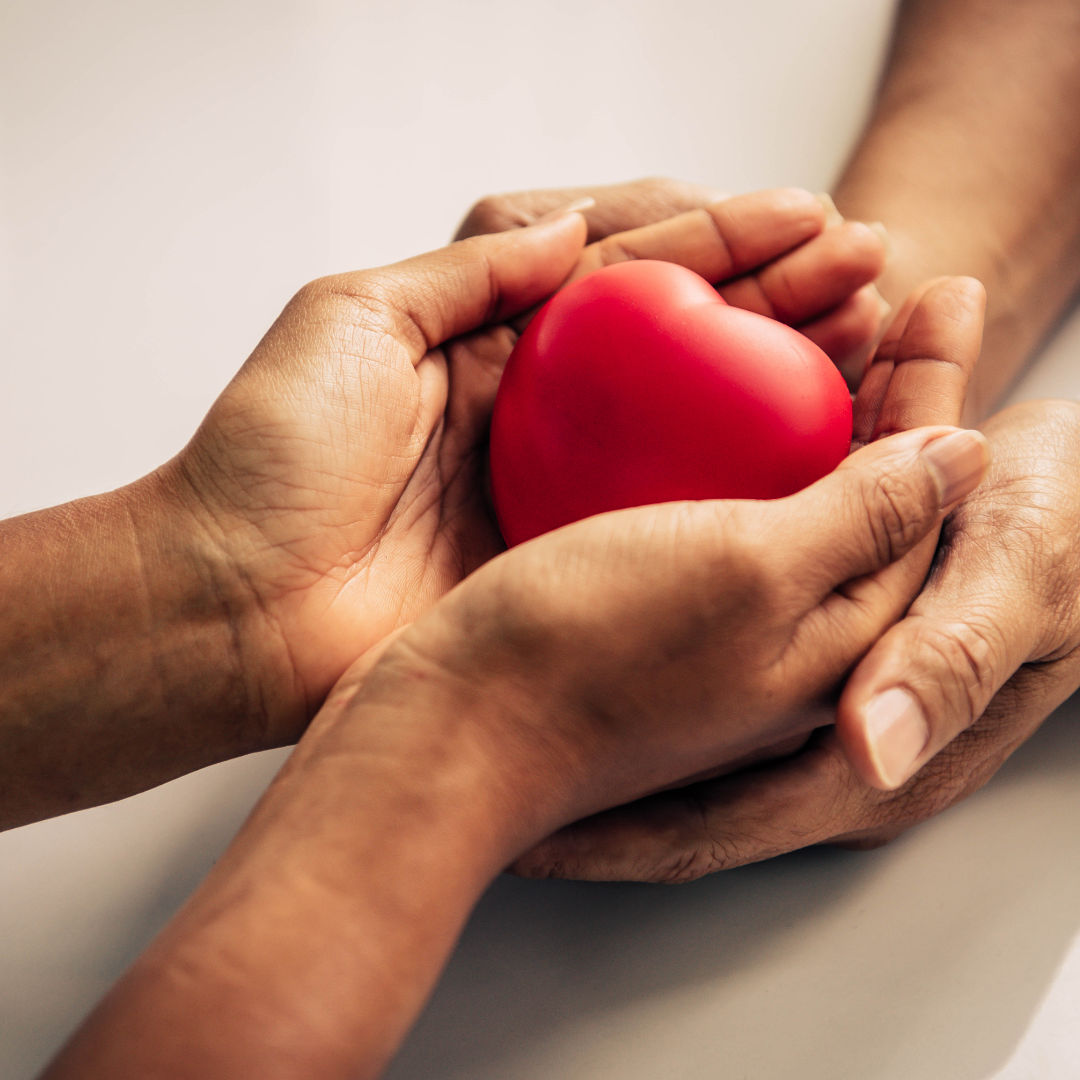
resources
understanding interpersonal violence
Interpersonal violence is defined as any physical, sexual, emotional, or economic action or threat of action that intentionally harms another person.
Types of violence:
Physical violence is the use of force that results in bodily injury, pain, or impairment. This includes, but is not limited to slapping, bruising, cutting, burning, or physically restraining another person.
Sexual violence is any unwanted sexual contact against one’s will and without one’s consent. It encompasses a range of offenses including rape, attempted rape, voyeurism, sexual harassment, and inappropriate touching or fondling. According to DC law, a person engages in sexual abuse in regard to sexual conduct when they use force against the other person, threatens the other person, renders the other person unconscious, or after they administer an intoxicant that substantially impairs the ability of the other person to control his or her conduct.
Emotional (or psychological) abuse is intentionally causing mental or emotional pain and harm to another person. This includes verbal aggression, intimidation, manipulation, and humiliation that aims to diminish another person’s sense of identity, dignity, and self-worth. It typically occurs over time as a pattern of behavior. Some examples include name calling and insults, forced isolation, gaslighting, punishment by withholding affection, blame-shifting, or threatening harm.
Interpersonal violence and sexual assault affect people of all ages, ethnicities, socioeconomic backgrounds, religions and sexual orientations. While the circumstances of the situation may differ, the common thread is that someone chose to gain or maintain power over someone else in a violent way. The survivor tends to experience a profound sense of loss of power and control.
If you have experienced interpersonal violence and are having trouble healing from this type of trauma, consider scheduling a consultation today.
further resources for dc:
DC Coalition Against Domestic Violence | Office: (202) 299-1181
DC Rape Crisis Center | Office: (202) 232-0789
housing resources:
District Alliance for Safe Housing | Office: (202) 462-3274
DC SAFE | Office: (202) 879-7857
House of Ruth | Office: (202) 667-7001
My Sister’s Place | Office: (202) 529-5261
legal resources:
Ayuda | Office: (202) 387-4848
Break the Cycle | Office: (202) 849-6289
Legal Aid Society of DC | Office: (202) 628-1161
Network for Victim Recovery of DC | Office: (202) 742-1727
more information:
Intimate partner violence exams and sexual assault medical forensic exams are available 24/7 and take place at MedStar Washington Hospital Center’s Emergency Department (110 Irving St. NW, Washington, DC 20010). If you would like either exam, please call the DC Victim Hotline to connect with an advocate: 1 (844) 4HELPDC (844-443-5732).
There are two domestic violence intake centers where survivors can receive legal services (civil protective orders) and safety planning assistance:



